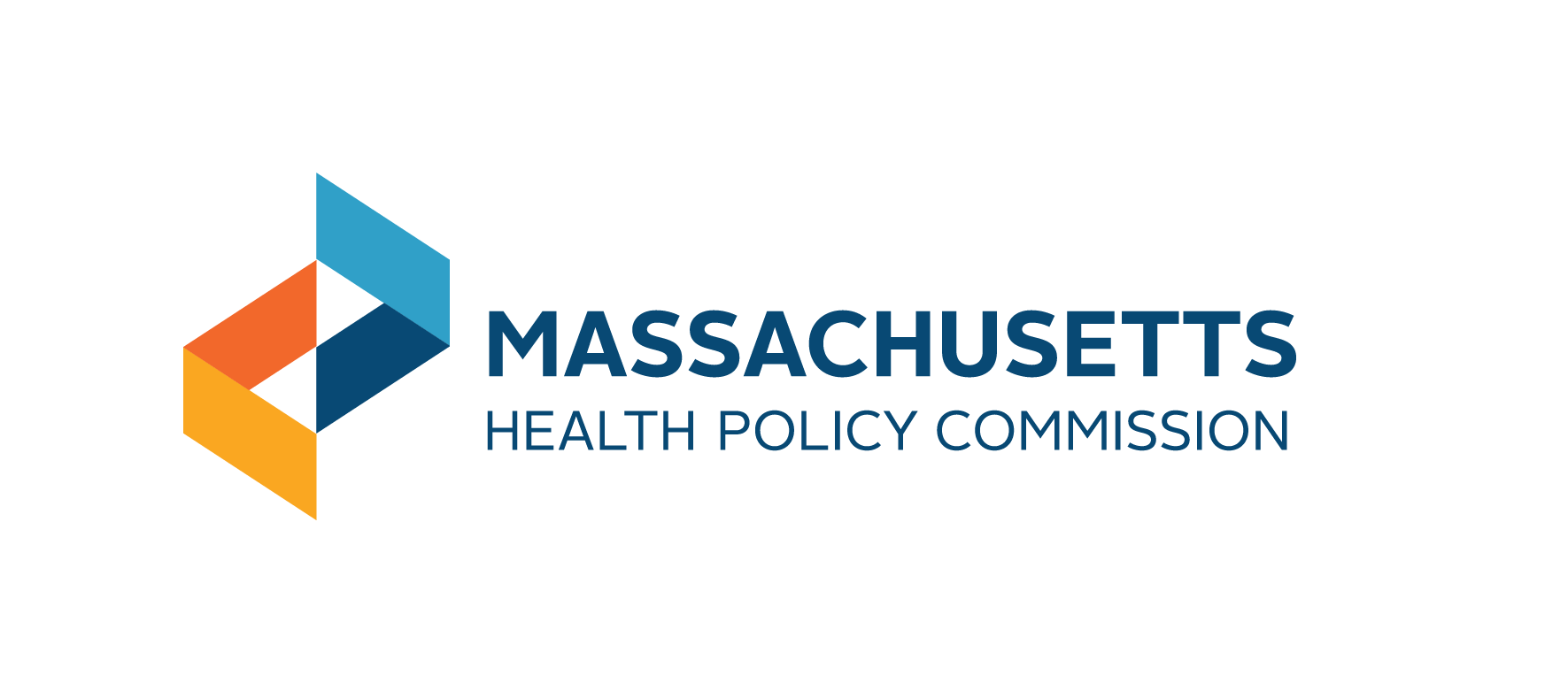- Massachusetts Health Policy Commission
Media Contact for HPC Issues New Research on Behavioral Health-Related Emergency Department Boarding
Matthew Kitsos, Press Secretary

Boston — Thursday, November 16, 2017
Today the HPC released a new examination of behavioral-health (BH) related emergency department (ED) boarding in Massachusetts (i.e., patients who spend 12 or more hours in the ED from the time of their arrival to their time of departure). This chart pack includes 2015 data, as well as time trends in boarding from 2011 to 2015. During this time period, the number of patients seeking ED care for BH conditions increased 13%, and the proportion of such patients who “boarded” also grew, from 17.4% in 2011 to 22.8% in 2015.
Since 2015, there have been new, significant statewide efforts to reduce ED boarding led by the Executive Office of Health and Human Services. The impact of this focused work would not yet be apparent in the data included in this report. Nonetheless, in releasing this chart pack, the HPC aims to support the state’s collective goal to fully understand the problem, as well as to identify ways to alleviate pressure on EDs and improve outcomes for patients with BH diagnoses.
Key Findings:
- In Massachusetts, patients with a BH diagnosis had significantly longer lengths of stay (LOS) in the ED than patients without a BH diagnosis. In 2015, the median LOS for patients with a primary BH diagnosis was twice as long as for a patient without a BH diagnosis (5.4 hours versus 2.6 hours, respectively).
- Patients with a BH diagnosis comprised a disproportionate share of ED visits that boarded. Though patients with a BH diagnosis only accounted for 14% of ED visits in 2015, they accounted for 71% of all ED visits that boarded. This represents nearly 50,000 BH visits that resulted in boarding.
- Of four BH diagnosis categories identified, patients with a mental health-related diagnosis were the most likely to board. In 2015, 28% of patients who arrived in the ED with a mental health-related diagnosis boarded.
- The time of day a patient with BH diagnosis arrived in the ED affected the likelihood of boarding. The likelihood of boarding was highest for patients who arrived in the ED between the hours of 4 PM and 12 AM.
- Of patients who presented to the ED with a BH diagnosis, teens (ages 12 to 17) were the most likely to board. Twenty one percent of teens boarded in 2015, compared to 14% of adults, 12% of children ages 6 to 11, 8% of seniors, and only 2% of young children ages 5 and under.
- ED boarding is an all-payer problem: the likelihood that a patient with a BH diagnosis boarded in 2015 was 12% to 13% for most payers. While almost half (46%) of patients with a BH diagnosis who boarded were MassHealth members, commercially insured members also accounted for 20% of BH ED patients who boarded.
###
